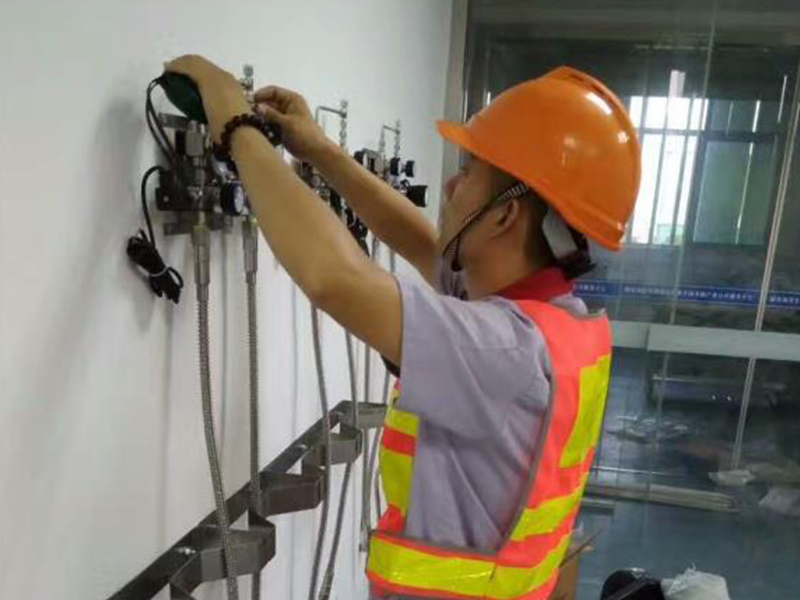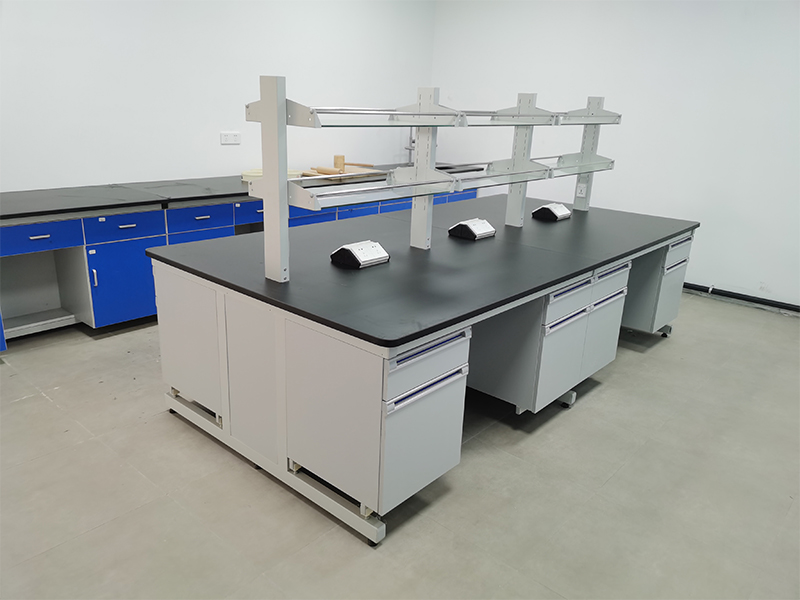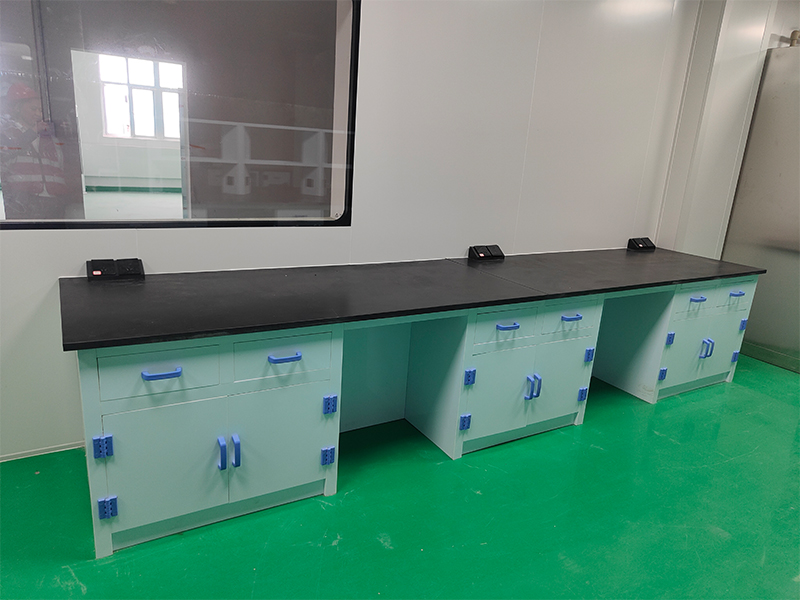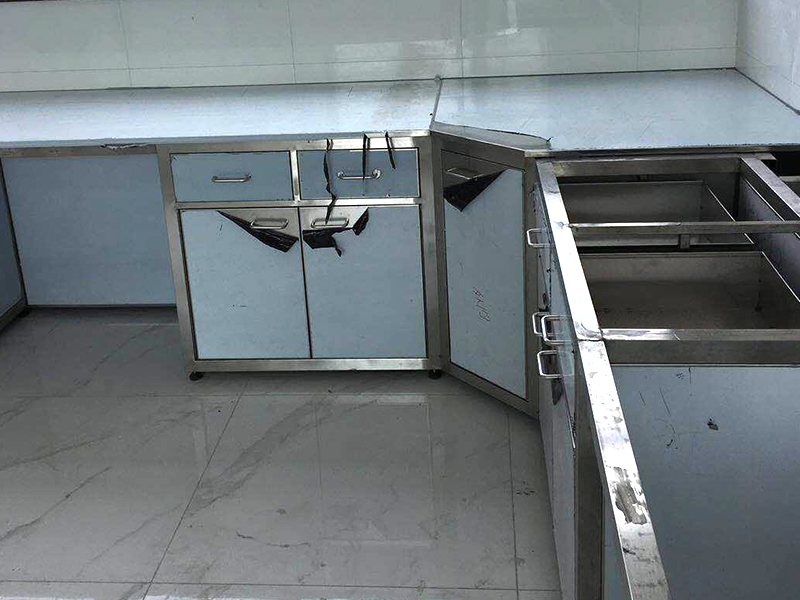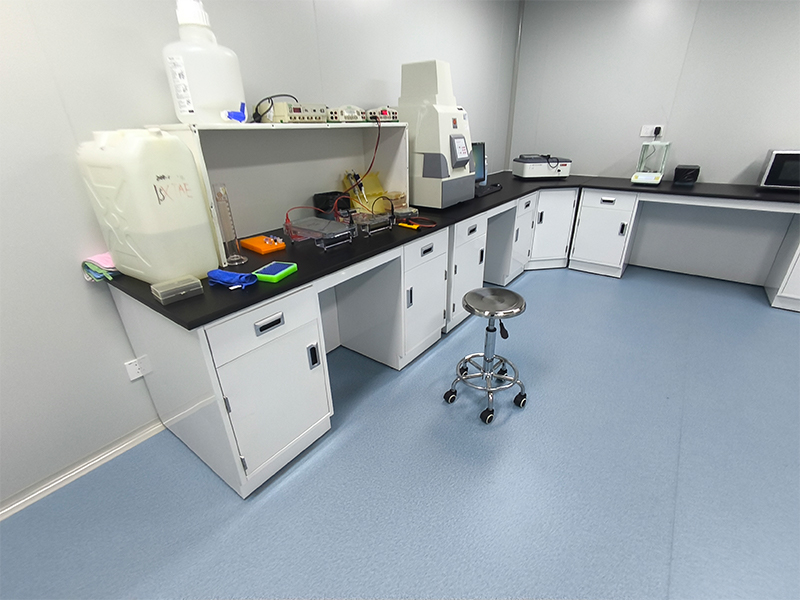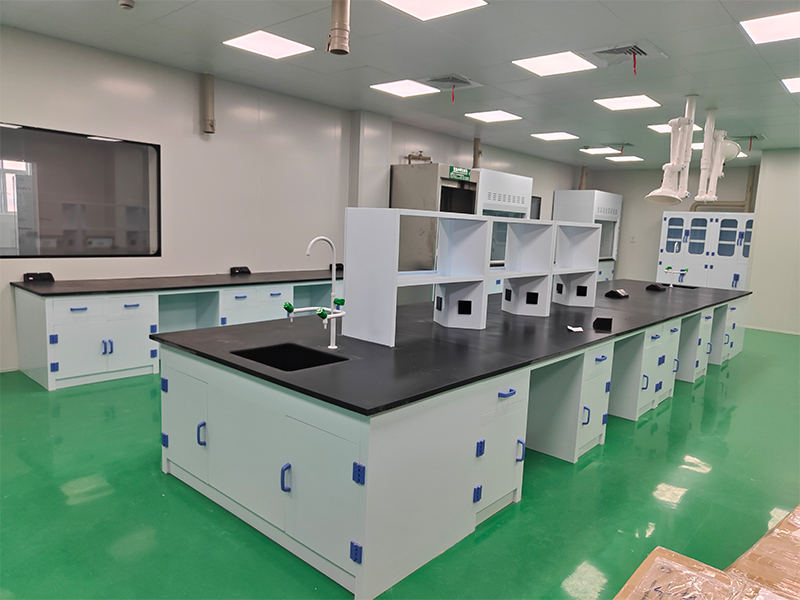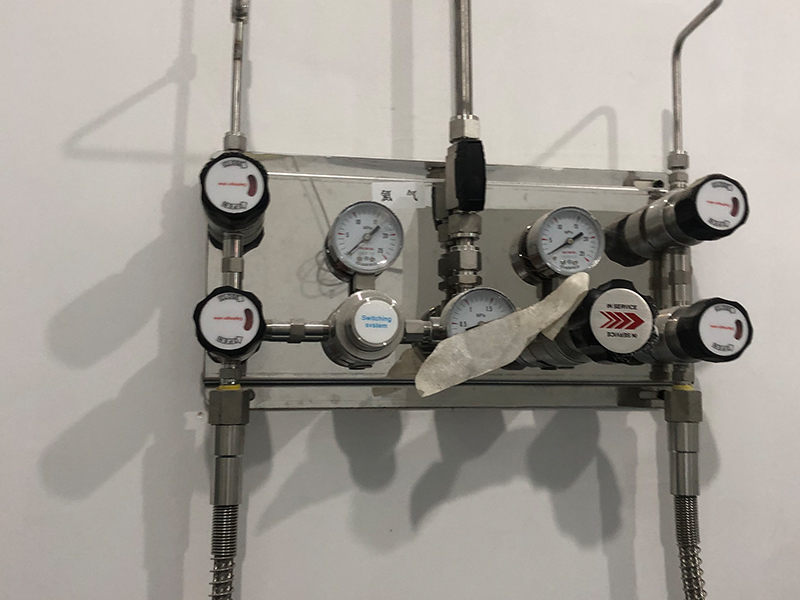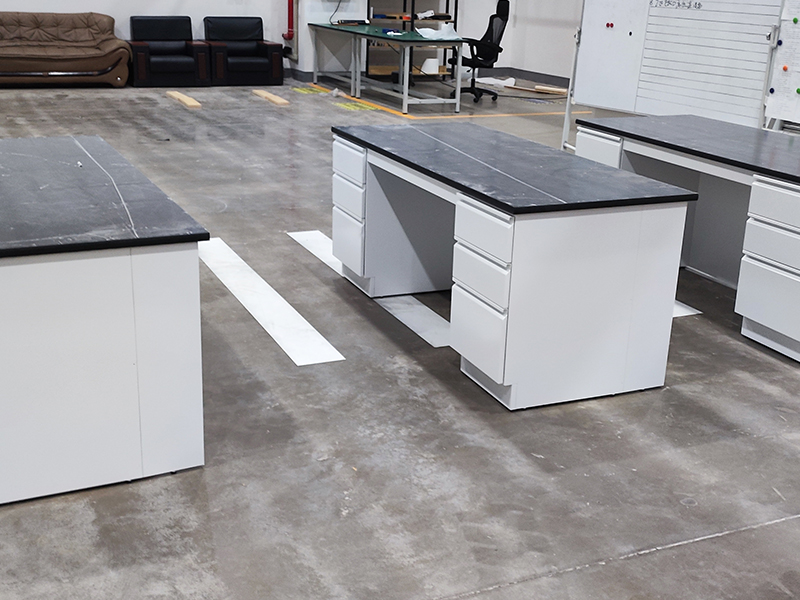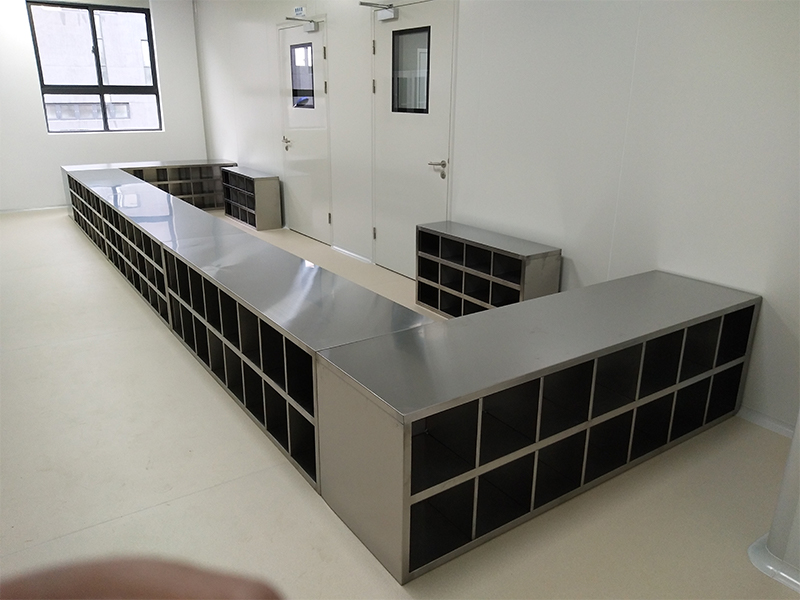Let’s be real—if you run a lab, “corrosion” is pretty much the last thing you wanna hear. The stuff sneaks in, wrecks your gas pipes, causes leaks, and could land you with some wild safety violations. Not great! So, you need a game plan, not just so your equipment survives, but so you aren’t pouring cash into constant fixes or explaining yourself to inspectors.
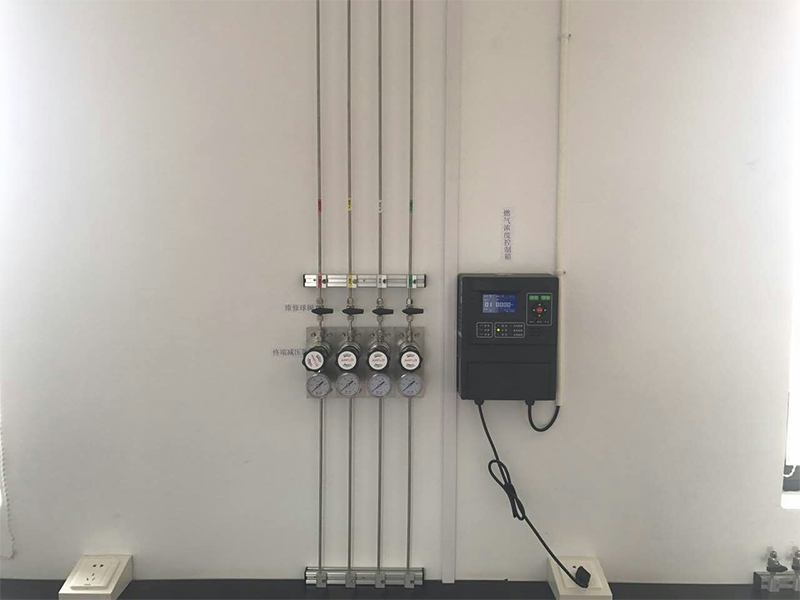
Material Selection: First things first—don’t cheap out on pipe material. Stainless steel? That’s the gold standard if your lab does battle with wild chemicals on the daily. It shrugs off rust and chemical nastiness like a champ. Copper’s alright, too, if you’re dealing with chill, inert gases, but toss it in a moist or acidic space and you’ll regret it. For super-mean chemicals, look into those fancy alloys or special coatings—even though your wallet will definitely notice.
Protective Coatings and Linings: Think of this as giving your pipes a stylish raincoat. Epoxy, galvanization, internal linings—all those create a buffer so corrosive stuff can’t get at the metal. Hardcore labs even double up those layers because, well, one thin coat won’t cut it if you’re swimming in weird fumes.
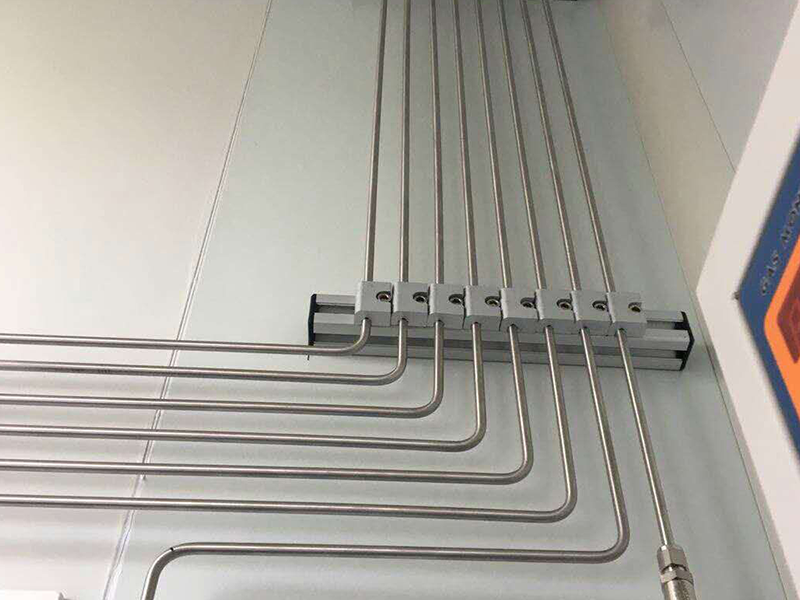
Ventilation & Environmental Control: Humidity’s the silent killer here. If you leave your gas piping sweating in a humid, unventilated room, corrosion’s gonna throw a party. Instead, you want airflow. Decent HVAC and maybe a dehumidifier can seriously stretch out how long your pipes last.
Inspections and Maintenance: Don’t be lazy—set a schedule to actually check your pipes! Look for sketchy stuff like rusty spots, pits, weird colors, or leaks. There are cool tricks like ultrasonic checks and pressure tests that won’t mess with the day-to-day but give you peace of mind your setup isn’t seconds from disaster.
Bottom line? Pro-level labs stay on top by picking the right materials, suiting up pipes with coatings, controlling the environment, and (most folks forget this) inspecting regularly. Do all that, and you’ll dodge most corrosion drama—and probably save a pile of money in the process.
